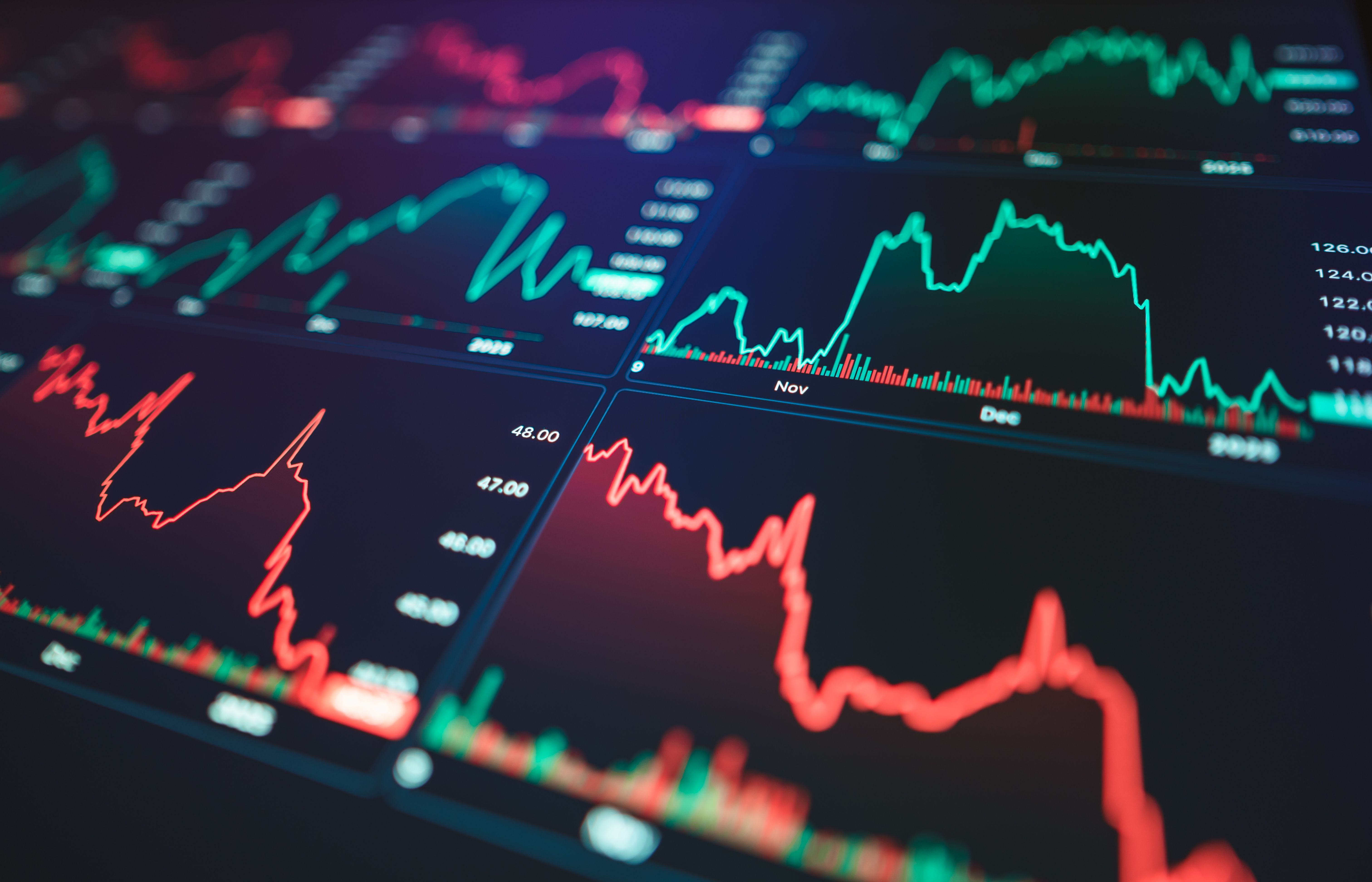Why Gold Prices Rise During Recessions
Understanding Gold's Appeal During Economic Downturns
Gold has long been considered a safe haven for investors, especially during economic downturns. When a recession looms, uncertainty permeates financial markets, prompting investors to seek assets that can preserve their wealth. Gold, with its historical stability, emerges as a preferred choice.
During recessions, traditional investments like stocks and bonds often experience volatility. Gold, on the other hand, tends to maintain its value or even appreciate. This stability makes it an attractive option for those looking to safeguard their investments.

The Role of Inflation and Interest Rates
Inflation and interest rates play crucial roles in influencing gold prices during recessions. Typically, central banks lower interest rates to stimulate economic activity. Lower interest rates reduce the opportunity cost of holding non-yielding assets like gold, making it more appealing to investors.
Additionally, recessions often bring about fears of inflation or deflation. When inflation is a concern, the purchasing power of currencies may erode, prompting investors to flock to gold as a hedge. Conversely, in deflationary periods, the stability of gold becomes attractive as a store of value.

Flight to Safety and Investor Sentiment
Investor sentiment plays a significant role in driving gold prices upward during recessions. The uncertainty surrounding economic conditions can lead to a "flight to safety," where investors pull money from riskier assets and invest in safer ones like gold.
This behavior is often fueled by psychological factors. The tangible nature of gold, along with its historical significance as a currency and store of value, provides comfort to investors facing an unpredictable economic landscape.

Global Economic Factors and Geopolitical Tensions
Recessions are not confined to individual countries; they often have global implications. International trade tensions, currency fluctuations, and geopolitical instability can all contribute to a rise in gold prices. As global uncertainties mount, gold becomes a universally appealing asset.
Moreover, central banks around the world may increase their gold reserves as part of their strategy to stabilize national economies, further driving up demand and prices.
Conclusion: Gold's Timeless Appeal
In summary, gold's rise during recessions can be attributed to a combination of economic, psychological, and geopolitical factors. Its ability to maintain value amidst uncertainty makes it a steadfast choice for investors seeking stability.
As we navigate future economic cycles, the allure of gold as a safe haven is likely to endure, reinforcing its status as a critical component of diversified investment portfolios.